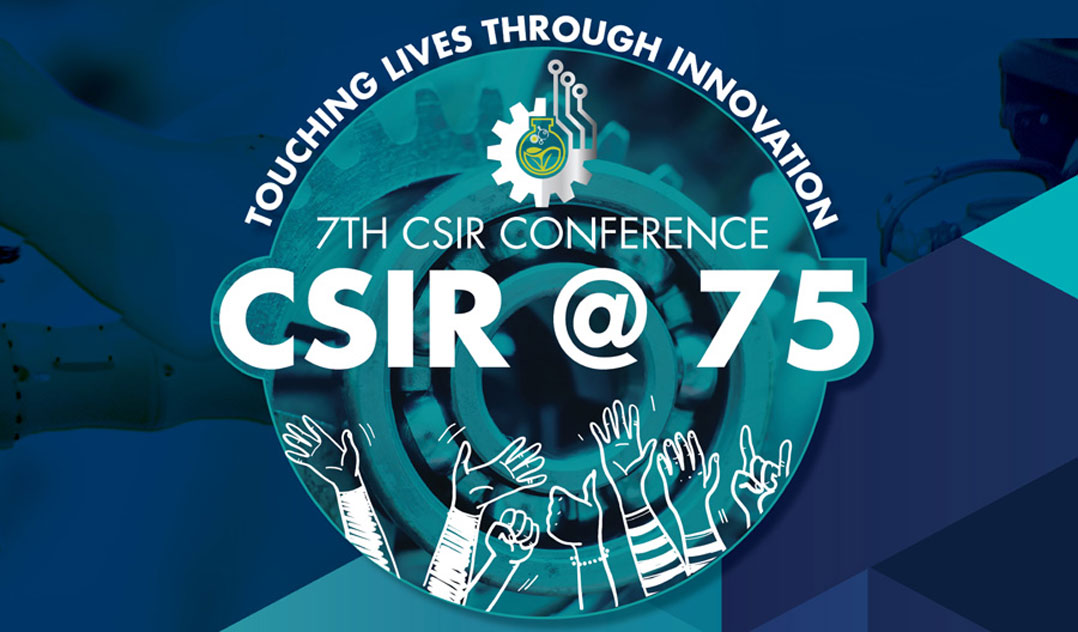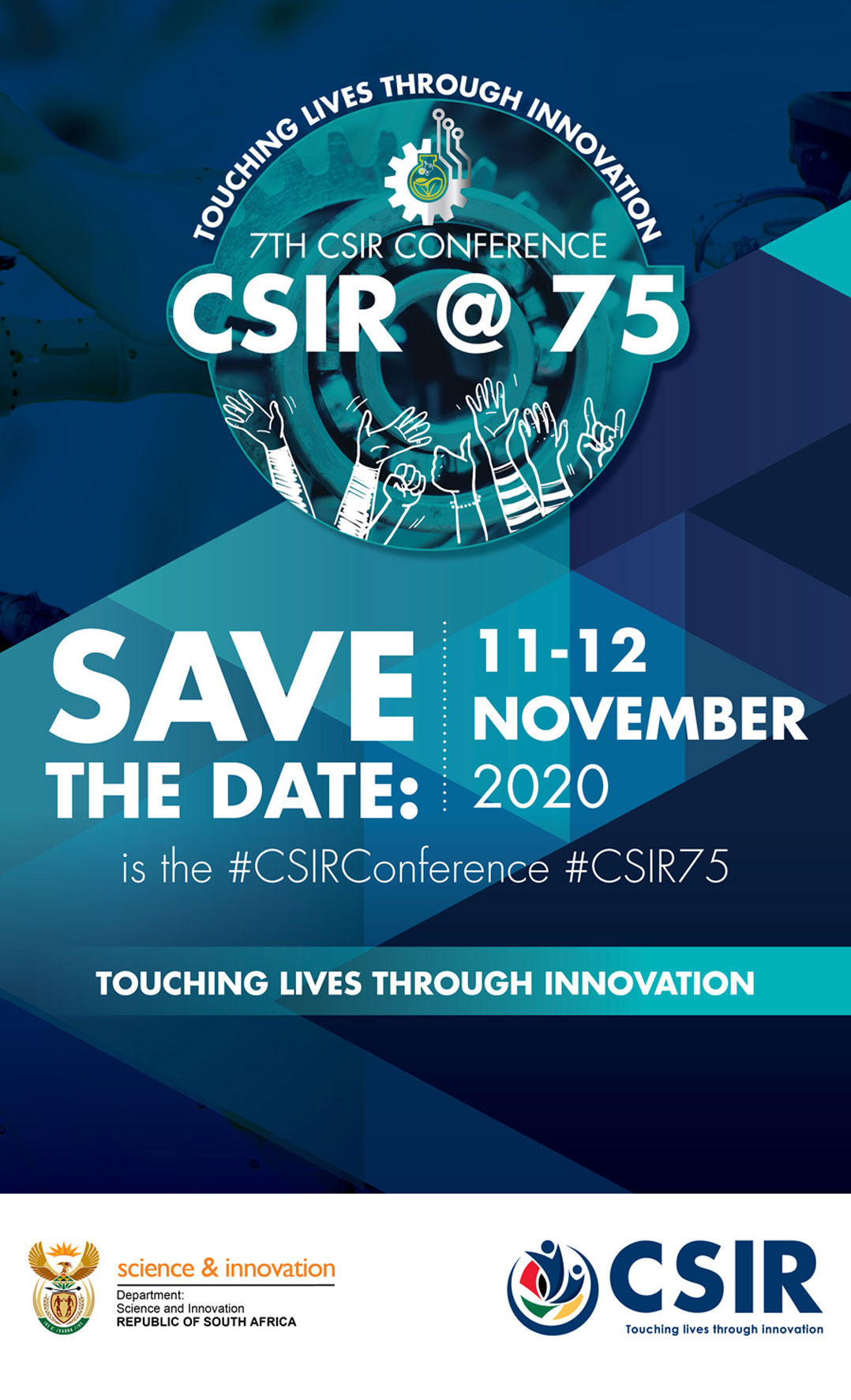 A South African-born surgeon living in the US — and one of the most successful entrepreneurs in the healthcare sector, Prof Patrick Soon-Shiong — is among the top speakers at the Council for Scientific and Industrial Research’s (CSIR’s) 7th Biennial Conference taking place on 11 and 12 November 2020.
A South African-born surgeon living in the US — and one of the most successful entrepreneurs in the healthcare sector, Prof Patrick Soon-Shiong — is among the top speakers at the Council for Scientific and Industrial Research’s (CSIR’s) 7th Biennial Conference taking place on 11 and 12 November 2020.
The two-day virtual conference, held under the theme “Touching lives through innovation” is a myriad conversations between CSIR researchers, and government and industry representatives. The first day of the conference will be jam-packed with exciting discussions and technology demonstrations. It brings a range of interviews, virtual tours, webinars and talks by local and international experts, in fields ranging from health, advanced agriculture and food, and manufacturing, to mining, defence, energy and many more.
The experts will, among other things, look at how the fourth Industrial Revolution and small businesses can help South Africa’s economic recovery. National and international speakers will also unpack innovation strategies to address Africa’s food-security challenges and lessons from the Covid-19 pandemic.
Register now on csir75.co.za. The full programme is available here
Soon-Shiong is the MD, chairman and CEO of NantWorks, an American multinational conglomerate holding company. He founded and sold several healthcare companies and developed the blockbuster cancer drug Abraxane. In the session “Biopharmaceuticals: Global partnerships, localisation and technology convergence”, Soon-Shiong will be joined by Dr Tsepo Tsekoa, CSIR principal researcher, to unpack how the convergence of healthcare, IT and artificial intelligence is transforming healthcare. Tsekoa, will be talking about the CSIR’s biopharmaceuticals production capability and breakthroughs, and what role partnerships are playing to maximise impact.
Together, Soon-Shiong and Tsekoa will be comparing notes on the future, but also on the CSIR’s involvement in the Covid-19 pandemic through recombinant diagnostics and therapeutics production, and the importance of capacitating the local industry to produce clinical grade biologics for regulated trials and market entry.
 With the organisation’s scientific capability in chemicals, health and advanced agriculture and food, relevant discussion about cannabis, biopharming and the link between an individual’s microbiome profile and their unique disease risk profile, will be accessible to anybody who register for the virtual conference.
With the organisation’s scientific capability in chemicals, health and advanced agriculture and food, relevant discussion about cannabis, biopharming and the link between an individual’s microbiome profile and their unique disease risk profile, will be accessible to anybody who register for the virtual conference.
CSIR agro-processing research group leader Dr Blessed Okole will be in conversation with industry and government representatives discussing the opportunities and challenges for the cannabis industry and what national strategies are in place to support it. The panel discussion will zoom into the full value chain of the industry from supply to product development, and will assess some of the infrastructure in place to support the industrialisation of cannabis in South Africa, including its legal framework.
Okole will host another panel discussion on the industrialisation of cannabis. The first speaker will focus on medicinal cannabis while the second speaker will focus on hemp and hemp products. The panellists will explore how the cannabis and hemp industry can support socioeconomic development. Some of the key questions they aim to answer through this discussion are: What should be done to correct industrialisation requirements that seem to be excluding the poor and marginalised? How can cannabis be industrialised without benefitting an elite few at the expense of ordinary workers? And most importantly, how does Africa protect its market base on the continent and compete internationally?
An interview with CSIR senior researcher Dr Jerolen Naidoo is yet another thought-provoking conversation about the CSIR’s microbiome mapping initiative. This is a programme that is aimed at creating a platform that will ultimately allow for the early diagnosis of disease risk and the provision of personalised healthcare through a deeper understanding of the relationship between an individual’s gut microbiome profile and their health, environment and lifestyle.
The gut is generally regarded as the richest source of microbial density within the human body and the recent emergence of the functional importance of these microbes to human health has revealed how an individual’s microbiome profile may influence their unique disease risk profile and clinical outcomes related to specific treatments.
In the interview, Naidoo will be giving us an overview of the CSIR microbiome mapping initiative and its potential to improve public health surveillance and disease management in South Africa.
To participate in these and other conversations, register on csir75.co.za. The full programme is available here.
About the CSIR:
The CSIR, an entity of the ministry of higher education, science & innovation, is one of the leading scientific and technology research, development and implementation organisations in Africa. Constituted by an act of parliament in 1945 as a science council, the CSIR undertakes directed and multidisciplinary research and technological innovation, as well as industrial and scientific development to improve the quality of life of all South Africans. For more information, visit www.csir.co.za or follow the CSIR on Twitter, Facebook, Instagram, LinkedIn, or YouTube.
- This promoted content was paid for by the party concerned




